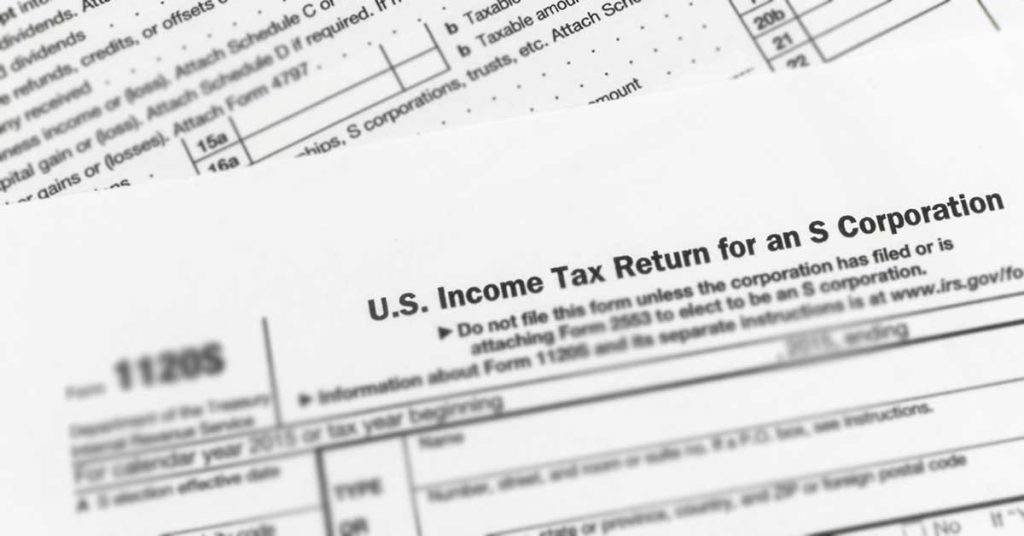Form W-9

Form W-9 is used to request an individual’s taxpayer identification number. Foreign investors are sometimes asked to complete and return Form W-9 to their managing agent, booking agent, U.S. bank etc. The Form W-9 is used to request an individual’s taxpayer identification number. For federal tax purposes you are considered a U.S. person if you […]
Form W-7

Form W-7 is the Application for Individual Taxpayer Identification Number (ITIN) form.
Form 1099

Form 1099 is issued by U.S. corporations, small businesses and other employers to record the income earned by employees and independent contractors. There are several versions of the 1099 which may be used to report different types of income such as interest, dividends, real estate sale proceeds and debt cancellation. The form reports income to […]
Form W-8BEN

Form W-8BEN is the Certificate of Foreign Status of Beneficial Owner for United States Tax Withholding. Generally, a foreign person is subject to U.S. tax on its U.S. source income. Most types of U.S. source income received by a foreign person are subject to U.S. tax of 30%. A reduced rate, including exemption, may apply […]
Individual Taxpayer Identification Number (ITIN)

All persons owning rental property in the U.S. must have an Individual Taxpayer Identification Number (ITIN). An ITIN is for tax purposes; it is not valid for personal identification. The ITIN does not entitle you to Social Security benefits; it does not entitle you to work in the U.S. and it creates no inference regarding […]
Employer Identification Number (EIN)

An Employer Identification Number (EIN) s a nine-digit number assigned by the IRS and is also known as a Federal Tax Identification Number. It is used to identify the tax accounts of employers and certain others who have no employees. The IRS uses the number to identify taxpayers that are required to file various business […]
How to Hold US Title to Real Property

Listed below are some common ways for non-residents to hold title (ownership) in US real property. Sole Ownership Sole Ownership can be described as ownership by an individual or legal entity capable of holding title (for example an LLC or an LLP). The most common Sole Ownerships are held by single men and women, married […]
Foreign Pension Fund

A foreign pension or annuity distribution is a payment from a pension plan or retirement annuity received from a source outside the United States. You might receive it from a: Please note: This information is not intended to provide a recommendation on how to structure an interest in U.S. real property. The final decision must […]
Foreign Trust

Under U.S. law, a trust is a foreign trust unless both of the following conditions are satisfied: (1) a court within the U.S. exercises primary supervision over the administration of the trust; and (2) one or more U.S. persons have the authority to control all substantial decisions of the trust. General Tax Reporting Rules In […]
Withholding Tax on a Foreign Partnership

With a foreign partnership, you may need to pay a withholding tax on that partner. A partnership that has income effectively connected with a U.S. trade or business is required to pay a withholding tax on the effectively connected taxable income that is allocable to its foreign partners. A foreign partner is anyone who is […]
US Corporation: C-Corp

A C-Corporation (C-Corp), under United States federal income tax law, refers to any corporation that is taxed separately from its owners. A C corporation is distinguished from an S corporation, which generally is not taxed separately. Most major companies (and many smaller companies) are treated as C corporations for U.S. federal income tax purposes. C […]
US Corporation: S-Corp

An S corporation (also referred to as an S-Corp) is a special type of corporation created through an IRS tax election. An eligible domestic corporation can avoid double taxation (once to the corporation and again to the shareholders) by electing to be treated as an S corporation. An S corp is a corporation with the […]